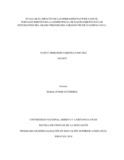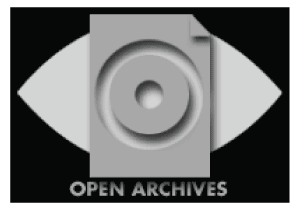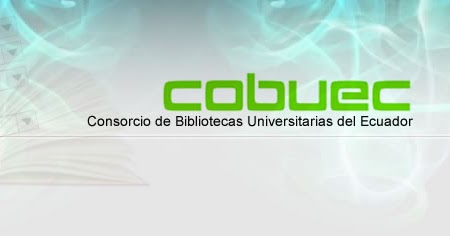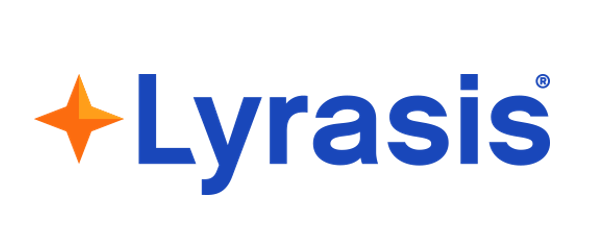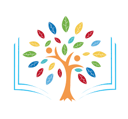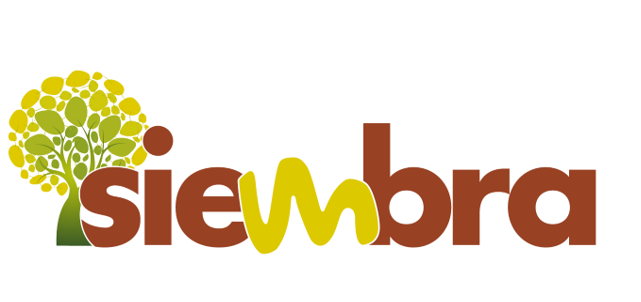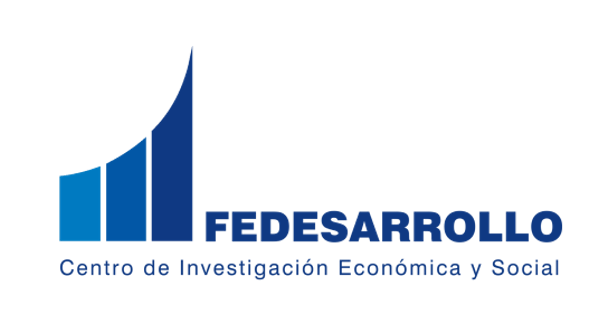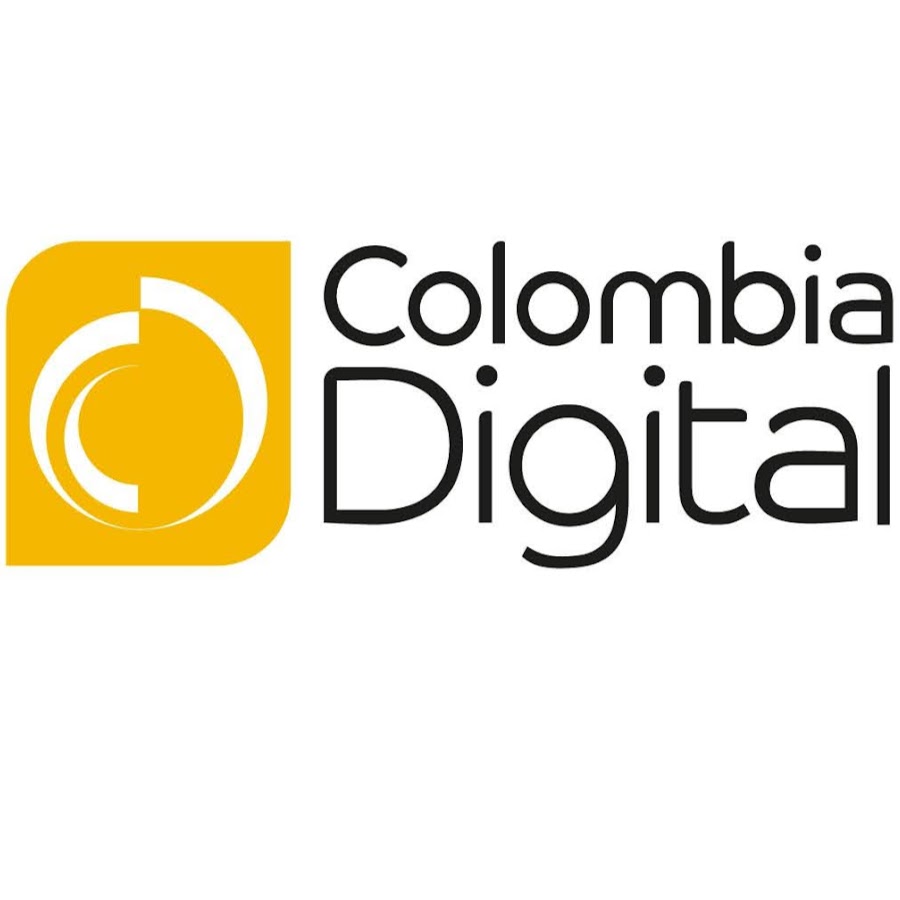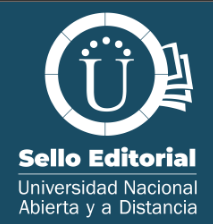Mostrar el registro sencillo del ítem
Evaluar el impacto de las herramientas web 2.0 en el fortalecimiento de la competencia de razonamiento en los estudiantes del grado tercero del colegio técnico Comfacauca.
| dc.contributor.advisor | Gutiérrez Alvarez, Deyser | |
| dc.coverage.spatial | cead_-_popayán | spa |
| dc.creator | Sarzoza Narváez, Nancy Mercedes | |
| dc.date.accessioned | 2019-12-27T22:09:31Z | |
| dc.date.available | 2019-12-27T22:09:31Z | |
| dc.date.created | 2019-11-12 | |
| dc.identifier.uri | https://repository.unad.edu.co/handle/10596/30721 | |
| dc.description | Tablas, fotografías, Figuras, gráficas. | |
| dc.description.abstract | El presente trabajo se ubica en la línea de investigación Pedagogía, Didáctica y Currículo, de acuerdo a lo cual contempla en sus objetivos la evaluación del impacto que tendrán las herramientas Web 2.0 en el fortalecimiento de la competencia de razonamiento del área de matemáticas en el grado Tercero del Colegio Técnico Comfacauca, y responde al interés de indagar sobre las virtudes que tienen las tecnologías en el proceso de aprendizaje en el aula, para propiciar nuevos aprendizajes desde lo autónomo y participativo, con lo cual se pretende dar significado a lo trabajado en clase. El propósito es ofrecer un trabajo que se constituya en una exploración de los procesos de aprendizaje mediados por el uso de las herramientas tecnológicas, teniendo en cuenta los resultados que entregan las pruebas Saber para así plantear estrategias que mejoren dichos resultados en la competencia de razonamiento del área de matemáticas. En este sentido, la participación del estudiante en su aprendizaje es vital, por lo cual, él cambia de rol asumiendo activamente su papel de trabajar su propio aprendizaje, lo cual lo lleve a planear y ejecutar acciones, actividades y procesos en el aula de clase. Teniendo en cuenta el impacto que tienen hoy día las Tecnologías de la Información y Comunicación (TIC) en la cotidianidad de toda la comunidad educativa, no podemos negar la necesidad de que los docentes incorporen en su práctica pedagógica herramientas metodológicas que incluyan TIC para que el estudiante organice y construya su propio aprendizaje; es decir, que aprenda desde la escuela el manejo de la gestión de su propia vida, organice sus ideas y actividades, que lo lleven a ser un individuo reflexivo, crítico, creativo y autónomo, ya que la construcción de nuevos conocimientos a partir de aprendizajes colectivos e interdisciplinares desde la utilización de la tecnología, propicia un cambio de actitud frente a los problemas que les rodean siendo más sensibles en la búsqueda de sus soluciones; sobre esto, se retoma el siguiente planteamiento de León (2004) como se citó en Colina (2008): “Se propone es emplear las TIC como herramientas de fortalecimiento del trabajo académico y producir niveles de conocimiento de calidad, con el fin de que los estudiantes se conviertan en seres autodidactas, creadores de su propio conocimiento en la sociedad actual “(p.308). El presente proyecto de corte cualitativo, tendrá como muestra a los estudiantes de grado tercero y los profesores del área de matemáticas del Colegio Técnico Comfacauca. El proceso se plantea en tres diferentes etapas: en primer lugar, se pretende realizar un diagnóstico de las herramientas Web 2.0 utilizadas por los docentes y estudiantes para mejorar el aprendizaje en el área de matemáticas, a partir de lo cual se abordará la segunda etapa, que consiste en aplicar diferentes herramientas Web y contrastar los datos obtenidos con los resultados de pruebas internas del segundo y tercer periodo; en tercer lugar, se seleccionará la herramienta Web que haya presentado los mejores resultados. La población muestra es dirigida a un estudio de grupo como representada en los estudiantes de grado tercero dos de educación básica primaria del Colegio Técnico Comfacauca y los docentes de las áreas básicas que hacen parte del plan de estudios de este nivel de educación. | spa |
| dc.format | ||
| dc.title | Evaluar el impacto de las herramientas web 2.0 en el fortalecimiento de la competencia de razonamiento en los estudiantes del grado tercero del colegio técnico Comfacauca. | |
| dc.type | Proyecto aplicado | |
| dc.subject.keywords | Web 2.0 | spa |
| dc.subject.keywords | Web 2.0 - Impacto educativo | spa |
| dc.subject.keywords | Razomiento | spa |
| dc.description.abstractenglish | The present document is placed in the line of research Pedagogy, Didactics and Curriculum; it proposes as objectives the evaluation of the impact that The Web 2.0 tools have in strengthening the reasoning skills of mathematics area competence of the Third graders at The Comfacauca Technical School as it responds to the interest of inquiring about the virtues that technologies have in the learning process in the classroom to promote new learning in students based on autonomy and participation of students which is intended to give meaning to what they work in the classroom. The purpose of this research is to offer a document that constitutes an exploration of the learning processes that is mediated by the use of technological tools, taking into account the results delivered by the Saber Examination in order to propose strategies that improve these results in the reasoning competence skills of the Math area. In this sense, student’s participation in their learning is vital, by assuming an active role towards their own learning which leads them to plan and execute actions, activities and other processes in the classroom. Taking into account the impact that Information and Communication Technologies (ICT) have on the daily life of the entire educational community, we cannot deny the need for teachers to incorporate methodological tools that include ICT in their pedagogical practice so that the student organizes and builds their own learning; that is to say, that he learns from the school the way to manage his own life, organize his ideas and activities that lead him to be a reflexive, critical, creative and autonomous individual from the construction of new knowledge from learning collectively and interdisciplinary since the use of technology, promotes a change of attitude towards the problems that surround them and hence, for students to become more sensitive in the search for their solutions; on this, the following approach of León (2004) is retaken as cited in Colina (2008): “It is proposed to use ICT as tools to strengthen academic work and produce levels of quality knowledge, so that students become self-taught beings, creators of their own knowledge in today's society” (p.308). The present project of qualitative style, will have as a sample the third graders and the professors of the area of mathematics of the Comfacauca Technical College. The process is presented in three different stages: first, it is intended to make a diagnosis of the Web 2.0 tools used by teachers and students to improve learning in the area of mathematics, from which the second stage will be addressed, which consists of applying different Web tools and contrasting the data obtained with the results of internal tests of the second and third period; Third, the Web tool that presents the best results will be selected. The sample population is directed to a group study as represented in the third grade two primary school students of the Comfacauca Technical School and the teachers of the basic areas that are part of the curriculum of this level of education. | spa |
| dc.subject.category | Educación | spa |

